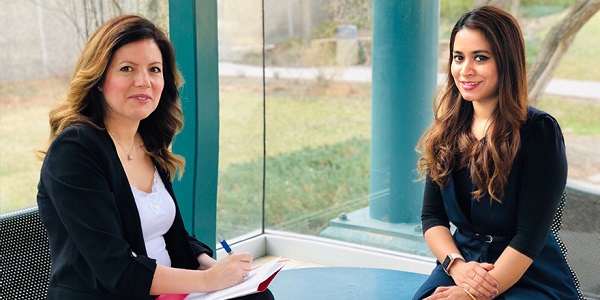Landing More Interviews and Job Offers
How can I get the attention of employers? Study up on highlighting your relevant strengths!

There is no guarantee of a job offer, but you can improve the odds by highlighting your relevant strengths and potential to fulfill the specific requirements of each posting. This applies to application letters, resumes and interviews. At the University of Regina, students attend career sessions on customizing application documents and validating them in interviews.
To customize, first analyze the posting to identify the specific requirements and keywords — use these to highlight your relevant strengths (e.g., knowledge, skills, experience). For additional impact, use action verbs to describe your skills (e.g., collaborate), and enhance credibility with supporting "evidence" from your breadth of work experience — academic, volunteer and employment — by noting some details, statistics, results and examples (e.g., a paper, lab or community project.)
In application letters and interviews, include a statement of interest and motivation. Based on your research, what impresses you about the employer? Why are you keen for this work? Let the employer hear your voice and enthusiasm!
During interviews, focus on the many reasons to hire you — your relevant interests, motivations, strengths and potential contributions. Be yourself, well prepared to shine!
- Extra adrenaline is normal. Express it as enthusiasm in your voice, expressions and actions (e.g., openhanded gestures).
- Practice answering common questions (e.g., "Tell us about yourself"). Talk about relevant topics (e.g., education, knowledge, skills) with some supporting details.
- Practice answering specialized questions (e.g., "What is your theory of _____?"). Analyze the job posting to identify potential applied, technical and theoretical questions.
- Impress with the quality of; your questions. During the interview, ask a few intelligent questions based on your research. Not sure if this is OK? Ask permission first.
- Keep positive when describing challenging situations. What you learned is always positive.
- Thank the interviewer with a closing statement about your interest and suitability. Later, send a thank-you email or letter.
account_balanceMore About This School
